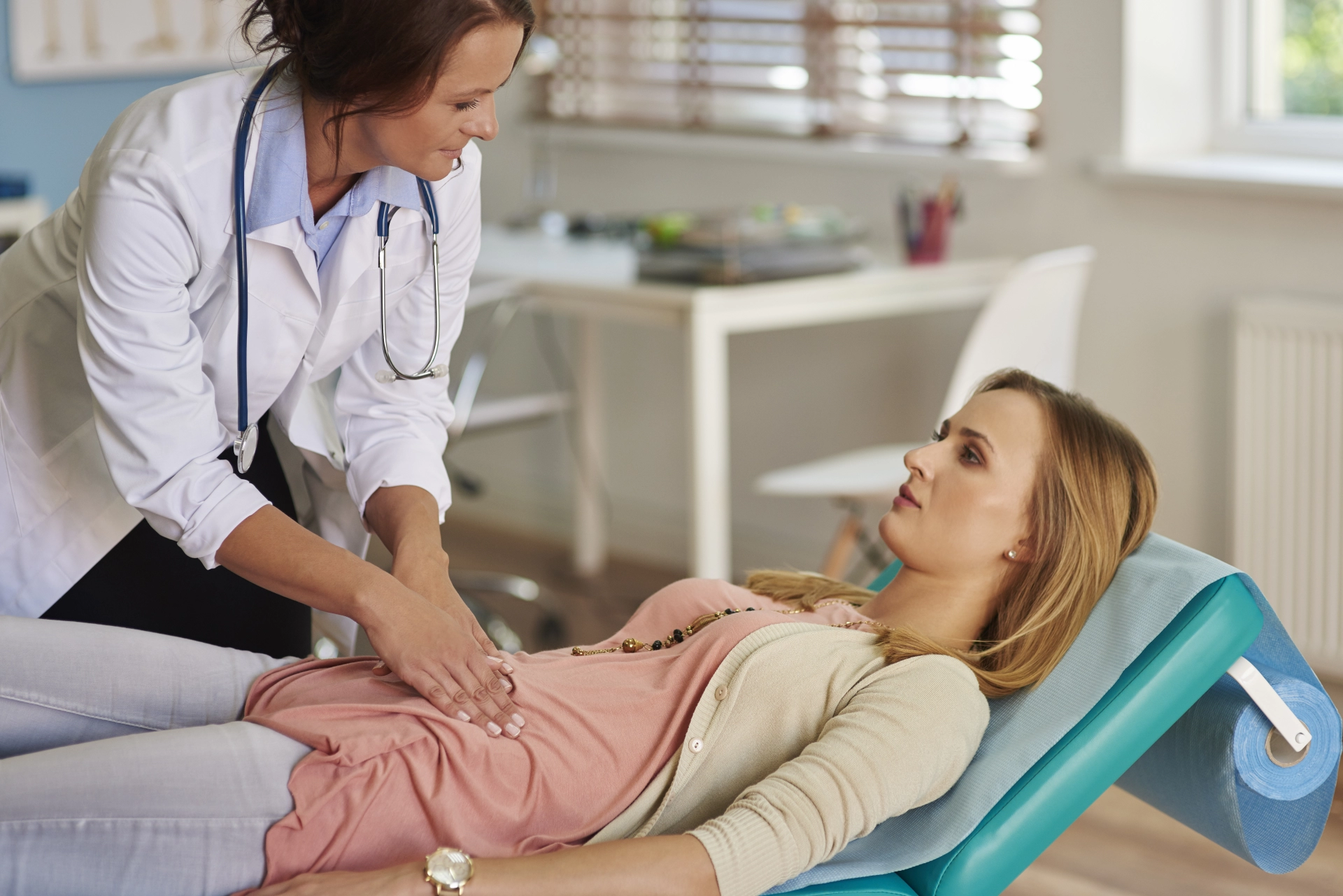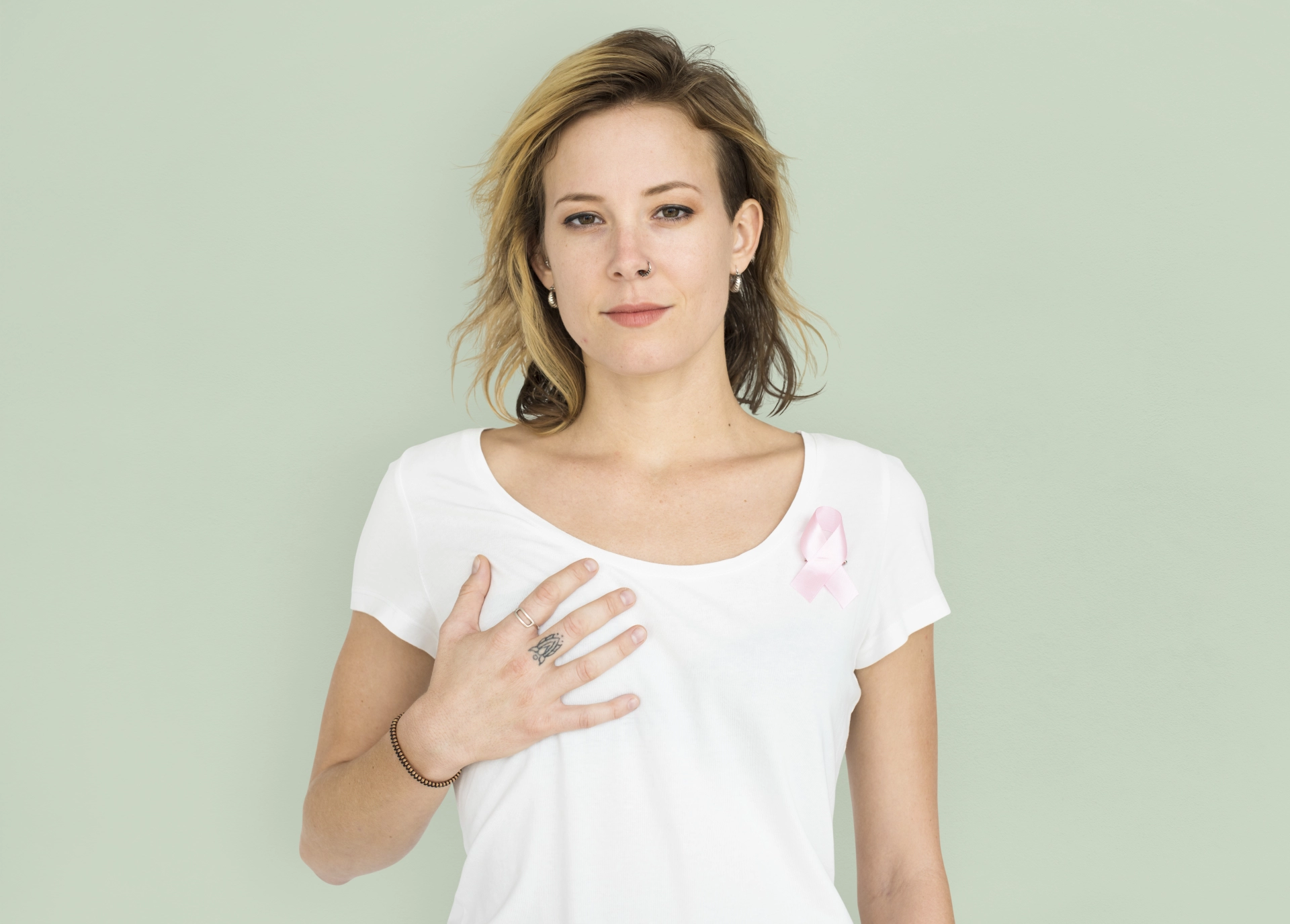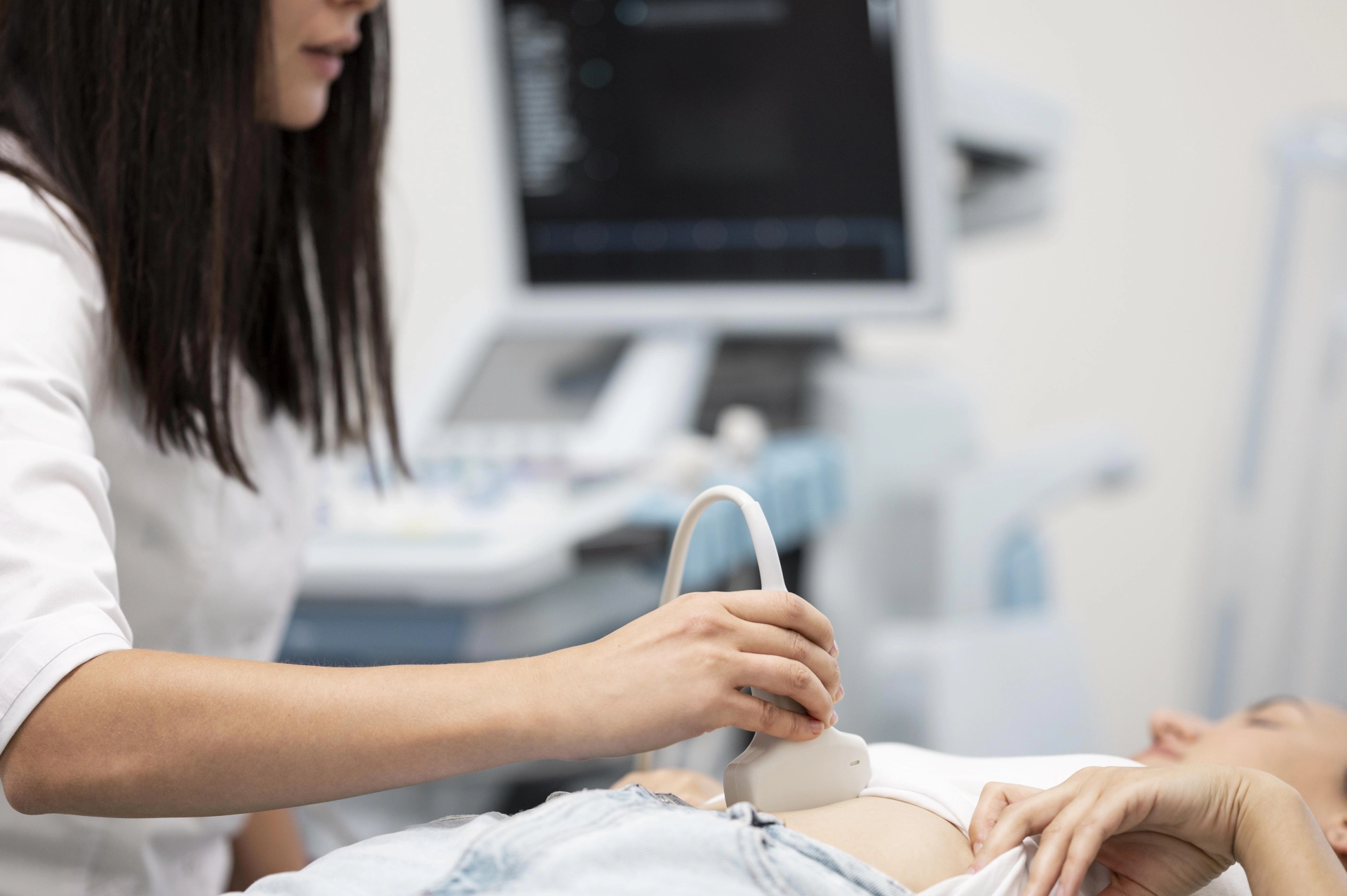Ferritin is known as an iron storage protein. It is mainly found in the liver, spleen, muscles, bone marrow, and only a small amount is found in the blood. T
he main functions of ferritin are:
1.Storage of iron in its bioavailable form.
2.Protection of cells from the toxic effects of iron.
The amount of ferritin in the blood serum indicates the iron reserves in the body. Ferritin is a sensitive means of detecting iron deficiency at an early stage.
A decrease in ferritin levels is observed in the following conditions:
•iron deficiency anemia
•blood loss
•iron absorption disorders
•transferrin deficiency
•as a result of increased ferritin demand (for example, pregnancy).
Symptoms of low ferritin levels include:
•weakness, fatigue
•dizziness, headaches
•pale skin
•difficulty breathing
•rapid heartbeat
•burning or sore tongue
•craving for non-food items such as ice, chalk, or dirt
•ringing in the ears
•leg pain
•brittle nails
•hair loss
An increase in ferritin levels is observed in the following conditions:
•hemochromatosis
•hemolytic anemia
•sideroblastic anemia
•multiple blood transfusions
Other causes of high ferritin levels include infections, acute or chronic inflammation, malignancies, alcoholic or viral hepatitis, liver disease, and chronic renal failure.
Symptoms of high ferritin levels include:
•weakness, fatigue
•joint pain, especially in the knees and hands
•abdominal pain
•chest pain
•skin with a gray, metallic, or bronze tint
•body hair loss
•low libido or erectile dysfunction
•unexplained weight loss
•mood swings, depression, or anxiety
Patient Preparation
Do not take multivitamins or supplements containing biotin (vitamin B7), which is commonly found in hair, skin, and nail supplements and multivitamins, for 12 hours prior to the test.
Sample: Venous blood.
Response Time: Same Day.






